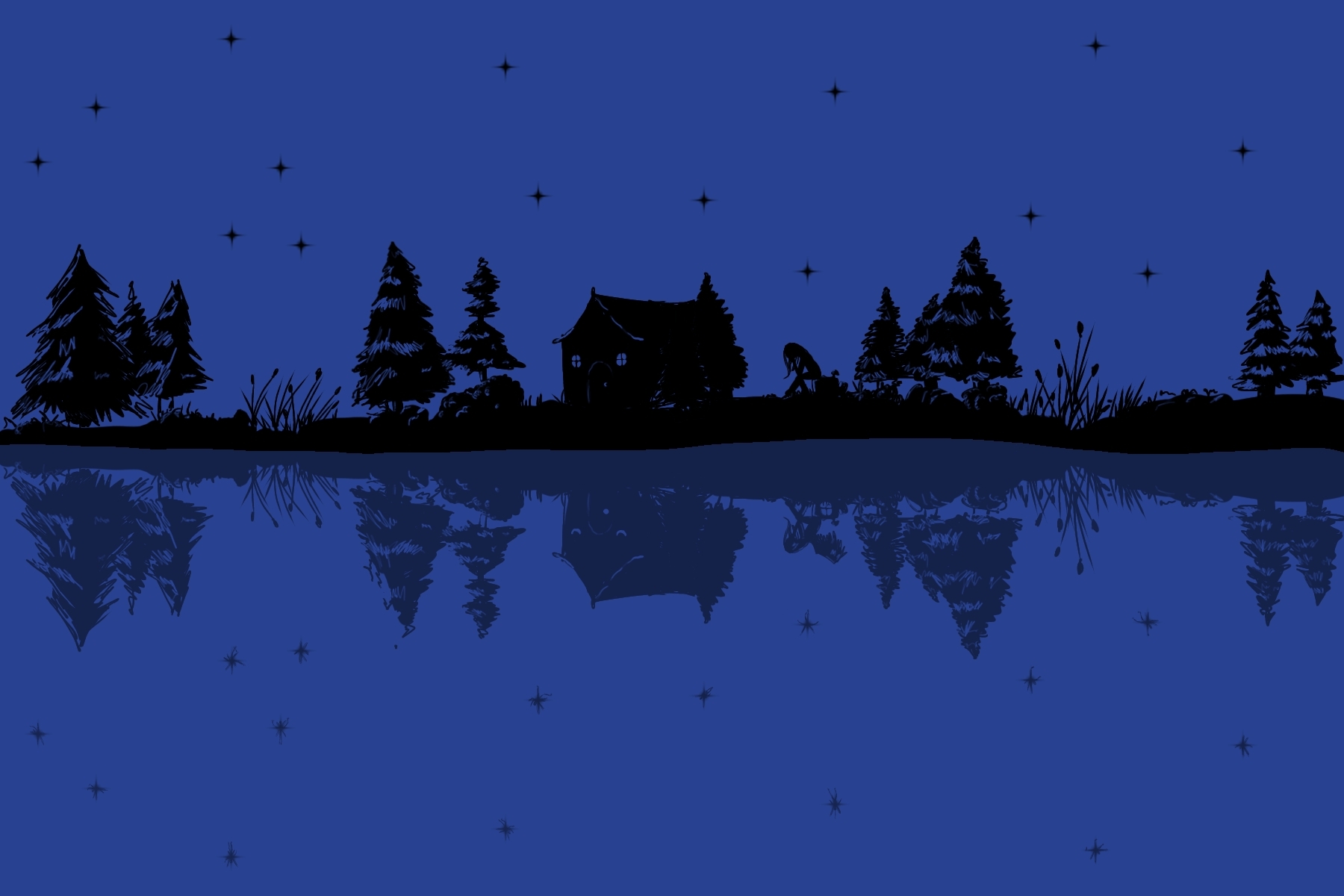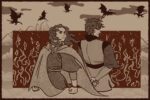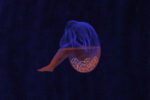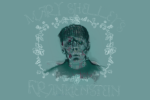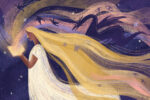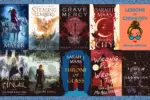Fantasy is a literary genre that showcases magical or supernatural elements that are nonexistent in the real world. Some writers create fantastical elements that exist in a world we can recognize, whilst others fabricate worlds of their own, often made up of their own populations of humans and fantastical beings with opposing laws and views. Fantasy is often devoid of any scientific reasoning or logic as we know it.
For many readers, escaping into alternate versions of reality can be freeing. Even regular stories with realistic characters and real-life scenarios have the uncanny ability to pull a reader in. The fantasy genre is home to worlds conjured from one’s mind, unbound by the laws of reality and the laws of society, where humans can wake up with god-like abilities, dragons can roam the skies and people can live among other species.
As the fantasy genre continued to expand over the years, a plethora of sub-genres emerged. They go by many different names nowadays: urban fantasy, high or epic fantasy, magical realism and even contemporary fantasy. However, all these different options can be separated into two different viewpoints or groups: different world versus real world, or high fantasy versus low fantasy.
Real-World Fantasy
Real-world fantasy is set in the real world. Fantastical elements and supernatural occurrences can take place within this world and coexist within our reality. We can recognize the society, rules and logic within the world without much guidance or explanation.
A few examples of real-world fantasy include:
“The Invisible Life of Addie LaRue” by Victoria Aveyard
“Legendborn” by Tracy Deonn
“Ruby Red“ by Kerstin Gier
“Percy Jackson and the Olympians” by Rick Riordan
Different World Fantasy
Different world fantasy takes place in a world constructed entirely from the author’s mind. It is not limited by the rules of the world we know and instead invents a new set of laws, a new society and a new reality.
A few examples of different world fantasy include:
“Crescent City“ by Sarah J. Maas
“Daughter of Smoke and Bone” by Laini Taylor
“Children of Blood and Bone“ by Tomi Adeyemi
“The Name of the Wind“ by Patrick Rothfuss
There are, of course, instances where we see a blend of both sub-genres; they typically occur in stories where we see a character leave a world similar to our own and enter a fabricated one.
Examples include:
“Harry Potter and the Philosopher’s Stone“ by J.K. Rowling
“The Mortal Instruments: City of Bones” by Cassandra Clare
“The Chronicles of Narnia: The Lion, the Witch, and the Wardrobe“ by C.S. Lewis
“The Magicians“ by Lev Grossman
Which Is Better?
I think both options have their charm. Real-world fantasy novels add a touch more shock value; readers can more easily relate to the characters and scenarios set forth, immersing them in the narrative from the get-go. It makes reading and consuming the story far more interesting, as you’re able to sink yourself into the shoes of the character. Many writers aspire to create characters who their readers can empathize with, and setting a fantasy story in the real world makes it easier.
On the other hand, we have the different world genre, which is always intriguing because it gives readers a glimpse into a brand-new world. It gives them the ability to observe this new society and culture and witness the plot and concept unfold. What it lacks in environmental relatability, it makes up for in the wonder and curiosity it incites. It compels us to turn the page as it creates an exciting new world that readers can grow curious about. These entirely new narratives allow for full engagement and limitless potential.
In my personal opinion, it all comes down to the execution. Sometimes high fantasy or different world fantasy can be very intimidating. The size of the books alone can deter people, they tend to be some of the longest books on the market. I remember when “Crescent City” first came out, I wanted to dive in immediately. It was written by my favorite author, and since it was completely new, it was a highly anticipated release for me. However, once I actually got my hands on the book and began reading it, the amount of world-building in the first chapter alone sent the book right back to my shelf, where it sat for nearly two years before the Sarah J. Maas bug overtook me again and I reached for it.
To no one’s surprise, I loved the book, but it took getting past that intense first chapter for me to appreciate and love the world Maas created. I think, under these circumstances, you can qualify low fantasy as superior. For a seasoned fantasy consumer, either could be attractive, but for a beginner not used to the genre, starting with low fantasy is the best option, as it allows you to grow comfortable with accepting these otherworldly aspects without the stress of growing accustomed to a new reality.


